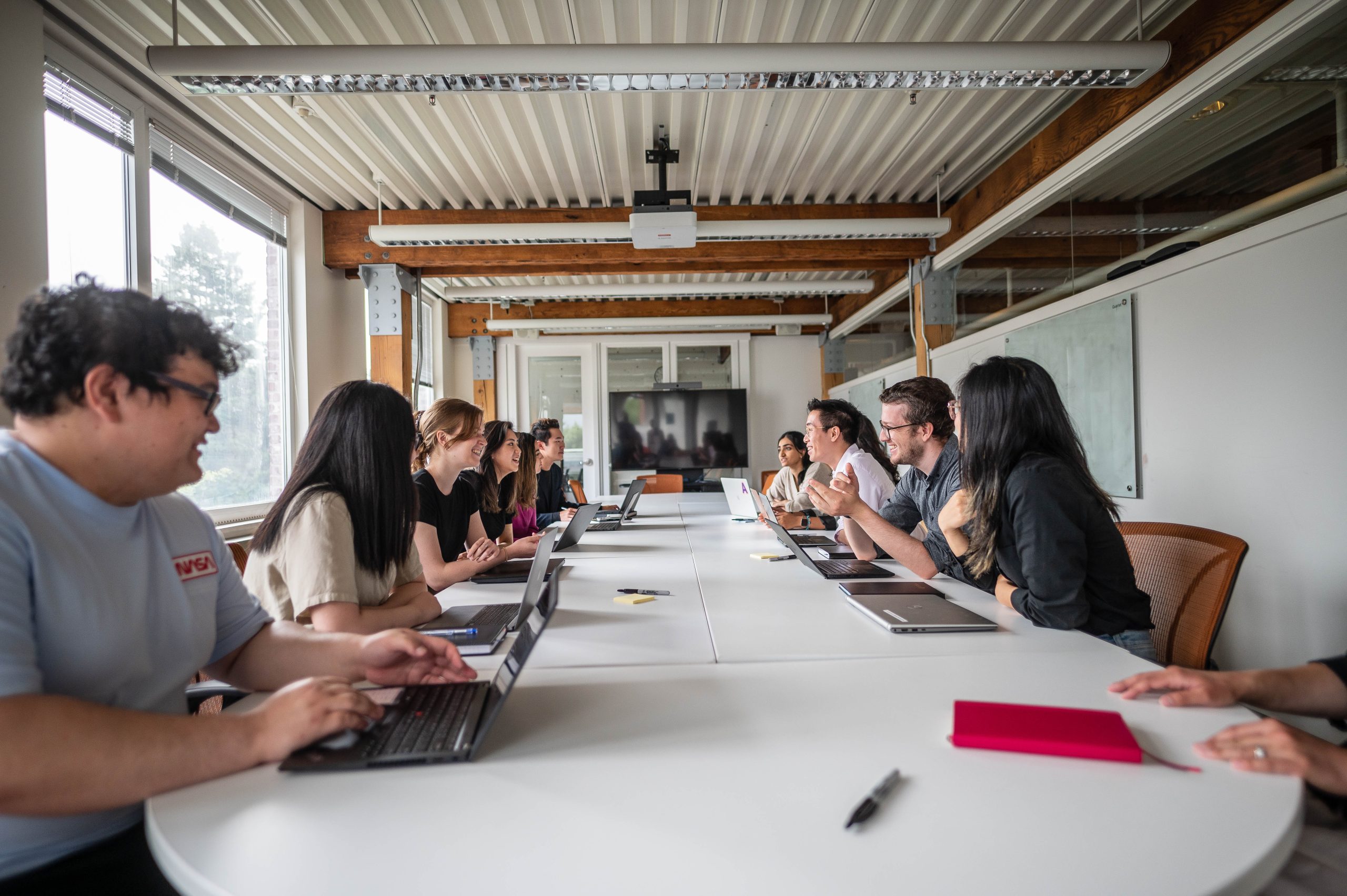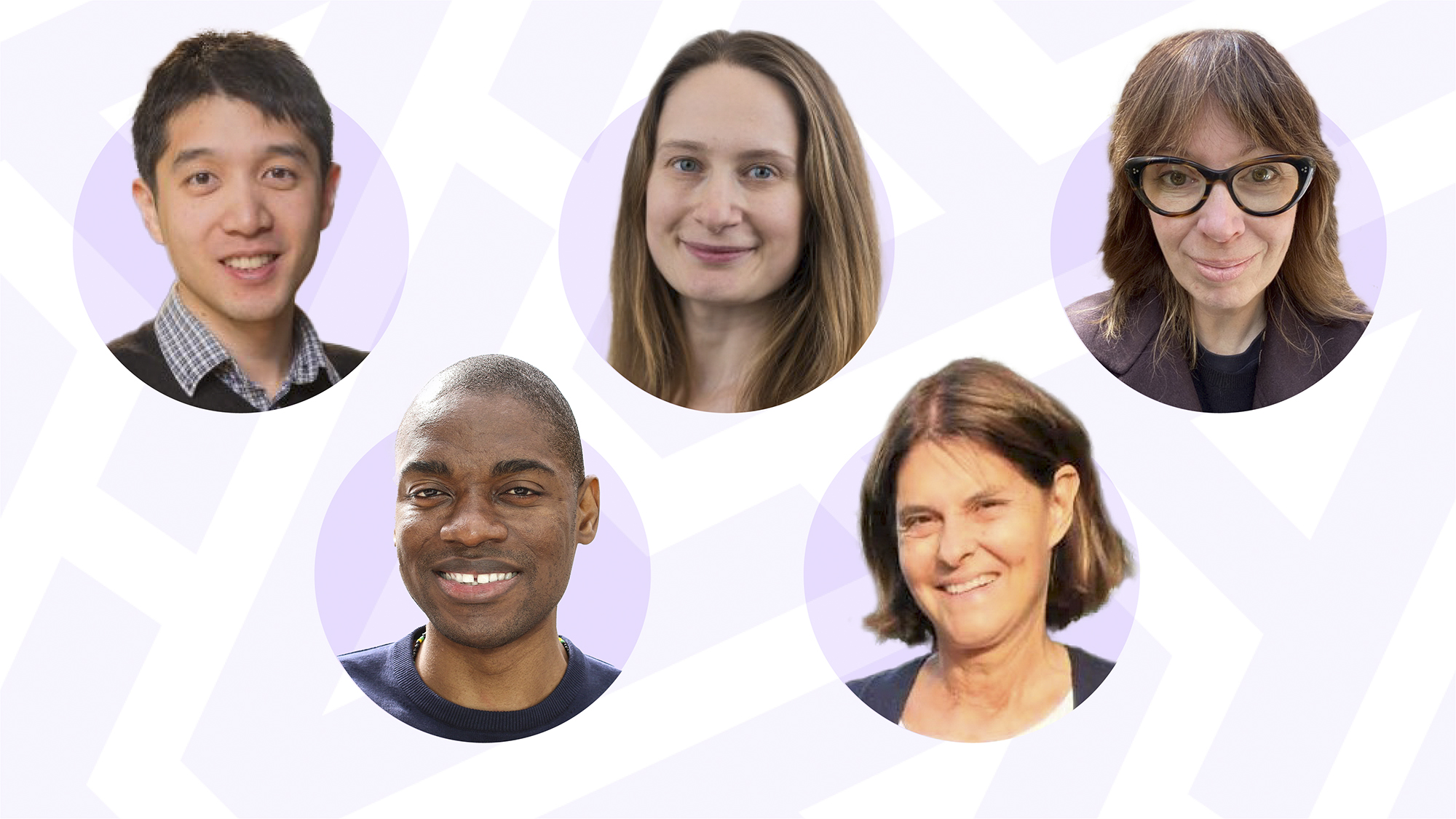

The Faculty of Arts is pleased to announce that five faculty members have been awarded the Killam Teaching Prize for 2021-2022. The Killam Teaching Prize is awarded annually to faculty nominated by students, colleagues and alumni in recognition of excellence in teaching.
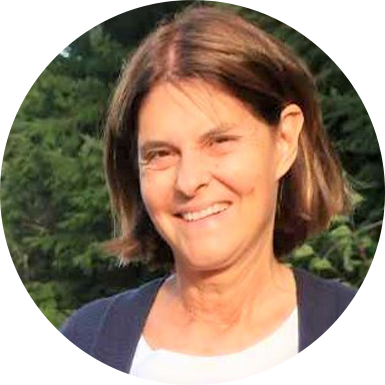

Sylvia Bascou-Vallarino, French Hispanic and Italian Studies
Dr. Sylvia Bascou-Vallarino (she/her/hers) is a lecturer of French in the Department of French Hispanic and Italian Studies (FHIS) and has taught at UBC since 2001. She is considered a pioneer for having used technology in the classroom since 2003. As one of the major developers of language courses at FHIS, she introduced Spanish 308: Spanish for Business and more recently, French 346: French at Work including a Community Based Experiential Learning (CBEL) component to create a bridge between the academic environment and the outside world. The CBEL offers students an applied language experience, familiarizing them with the needs of a community and raising awareness on their responsibilities as members of a society. Dr. Bascou-Vallarino says the ability to offer this opportunity to students and to align this course with UBC’s Strategic Plan was a long-time objective come true. According to one of her students, “To be able to work in our second language and to do community service is a much better way to assess our performance than any final exam and prepare us better for graduation.”
“I am proud that lecturers’ creativity, innovation and curriculum development is recognized and I hope this recognition leads new faculty members to bring a more diverse and inclusive future to our students at UBC,” said Dr. Bascou-Vallarino.
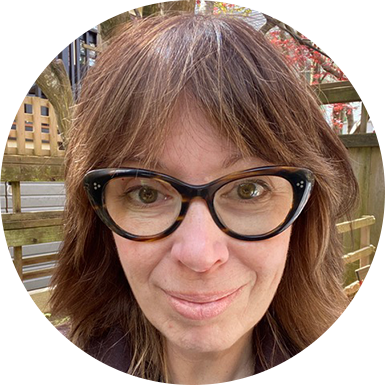

Miranda Burgess, English Language and Literatures
Dr. Miranda Burgess (she/they), a settler scholar of English, Highland Scots, and German-American Anabaptist descent, is an associate professor in the Department of English Language and Literatures. Miranda teaches courses in English language literature in the period 1780 to 1830, the history of feeling (sensation and emotion), and the history of media, with a focus on the practices and cultures of early print. Their current book project, Romantic Transport, addresses the infrastructures and media that facilitated the movement of people, goods, raw materials, books and feelings around the Atlantic basin at the turn of the nineteenth century. With Thora Brylowe (University of Colorado), with whom she co-designed a media history lab course that was co-taught between two university campuses, Miranda won the 2017 Pedagogy Contest of the North American Society for the Study of Romanticism. Miranda holds a UBC Killam Research Prize for 2002.
Since the beginning of her career, Miranda’s research has examined the ways people have understood and represented themselves in community, especially in poetry, philosophy, and novels published in the wake of the Enlightenment. While Miranda teaches to communicate what she learns from research, research equally informs their teaching practice both practically and theoretically, building communities that model and assist in fostering community in the classroom. In working with students, Miranda seeks to identify shared intellectual and ethically self-reflective goals, to develop and practice a responsive antiracist, globally-informed and truly collaborative pedagogy, and to understand, historicize, and critically examine the (often imperialist and imperfectly remembered) representations of community the English-speaking world has inherited from the early nineteenth century.
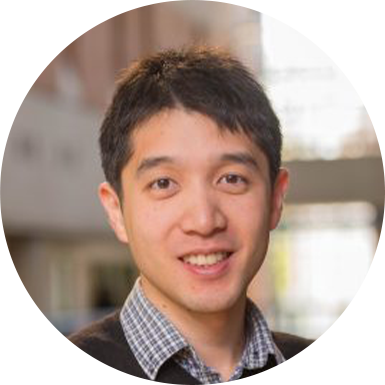

Benjamin Cheung, Psychology
Dr. Benjamin Cheung (he/him/his) is a lecturer and Indigenous initiatives coordinator in the Department of Psychology. He is also a faculty associate with the Asian Canadian and Asian Migration program, as well as the Hong Kong Studies Initiative. He teaches a variety of courses including research methods, social/cultural psychology, and Asian diasporic health.
Benjamin’s teaching is based on relationship- and community-building with students to provide a learning environment in which students can thrive and feel supported. In addition to doing this in the classroom, he extends this to his work outside the classroom as well, including gaming and study streams on Twitch.tv with students. He hopes that this will not only foster students’ academic development, but personal development as well.
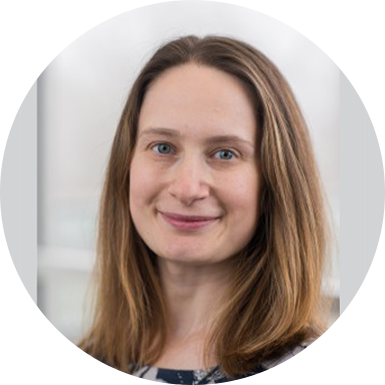

Jenny Peterson, Political Science
Dr. Jenny Peterson is an associate professor of teaching in the Department of Political Science. She is broadly interested in the politics of international aid with her past work analyzing the process of liberal peacebuilding and critiques thereof. Finding much of this critical work homogenizing of a diverse range of processes she has recently begun exploring conceptual and empirical deviations from the liberal model. Engaging with debates on pacifism, agonism, resistance, hybridity and political space she is now exploring diversity and innovation, both local and international, in peace/justice movements. She has conducted research and led student field trips in Kosovo, Sri Lanka and Ghana. Her teaching interests include peace studies, international relations, humanitarian studies and human rights.
Dr. Peterson’s courses integrate a range of experiential learning opportunities for students. From semester long placements with an international human rights organization (the Scholars at Risk Network), to short term optional placements with local community partners, and in-class conflict resolution simulations, her courses embed opportunities to apply learning to a range of professional settings in order to augment and improve student learning of course content. She also works to create modes of assessment that allow students to simultaneously develop traditional academic skills alongside a range of transferable professional skills, such as website development, visual communication and public education initiatives.
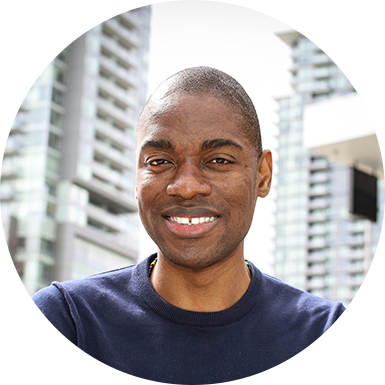

Oral Robinson, Sociology
Dr. Oral Robinson is a lecturer and honours chair in the Department of Sociology. He has more than seven years of experience instructing higher education classes, including courses on Research Methods, Race and Ethnic Inequality, Development & Underdevelopment, and Sociology of Families. Oral has worked extensively in the Scholarship of Teaching of Learning and is currently working on several Open Education Resource and Students as Partners (SaP) projects. He also does research on migration, intercultural relations and methods.
His pedagogy centers on transformatory approaches as well as active, collaborative and experiential learning. His classrooms promote inclusivity, diversity, equity and belongingness. He engages his students through democratizing practices, affirmations of students’ lived experiences, in-class peer mentorship, intergroup dialogue and partnerships with/between students.


